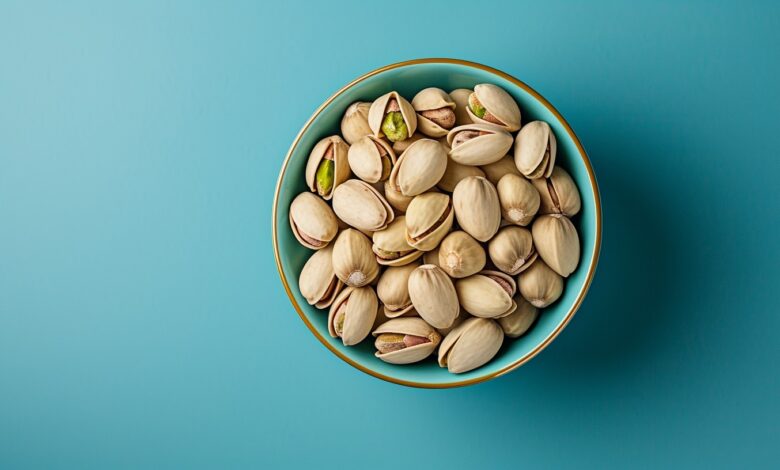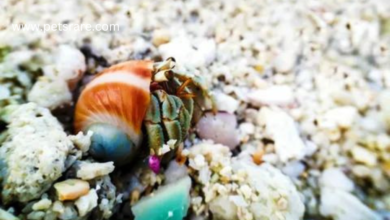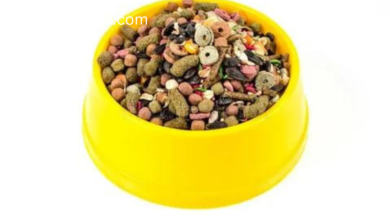High-Protein Tarantula Treats: Nurtures Arachnid Appetite.

High-Protein Tarantula Treats: Nurtures Arachnid Appetite.
Introduction
Tarantulas, as the top predator in their ecosystem, require a protein-rich diet for growth, molting and overall health. Although traditional feeder insects provide essential nutrients, supplementing their diet with high-protein foods can increase their nutrient intake and energy intake.
Importance of protein to tarantulas

- Melting: Protein is essential for building new extracellular structures during molting.
- Growth and Growth: Adequate protein supports healthy growth and development.
- ** Reproduction: ** Sufficient protein is essential for female tarantulas to produce viable egg sacs.
- Overall Health: Protein contributes to strong muscles, organs and immune system.
High protein feeder worm options
- Crickets: A staple food, but choose gut-packed crickets with high protein supplements.
- Dubia roaches: offer a good ratio of protein to fat and are easier to handle than crickets.
- Superbugs: High in protein but also high in fat, so serve in moderation.
* Hornworms: Excellent source of protein, but can be expensive. - Waxworms: High in fat, they are sometimes used as a treat due to their high calorie content.
Table: Protein content of feeder insects

| Insects Protein content Thick material
|—|—|—|
| Cricket | Moderate Moderate
| Dubia Roaches | High Moderate
| Super Bugs | High High
| Hornworm | High Moderate
| Waxworms | High High
Tips for increasing protein content
- Gut Loading: The feed feeder gives the insects a high protein diet before serving them to your tarantula.
- Additional: Consider using protein supplements or powdered supplements for feeder insects.
- ** VARIETY:** Offer a diverse range of high protein feeders to ensure balanced nutrition.
- Moderation: Avoid excessive intake, as excess protein can lead to health problems.
- Observation: Monitor your tarantula’s behavior and appetite to adjust feeding accordingly.
Frequently Asked Questions About High Protein Tarantula Treatment
*How often should I feed my tarantula high protein treats?

- Offer high-protein feeders as occasional meals, not as main meals.
*Can too much protein harm my tarantula? - Yes, too much protein can cause health problems. Offer a balanced diet.
What other factors affect a tarantula’s diet? - The species, age, and size of the tarantula will determine specific dietary requirements.
*How can I tell if my tarantula is getting enough protein?
*Healthy weight, regular bowel movement, and active behavior are signs of adequate protein intake.
*Can I breed my own high protein feeder insects? - Breeding feeder insects at home can provide a constant supply of high quality food.
Result

Providing your tarantula with a protein-rich diet is essential for their overall health and well-being. By carefully selecting and preparing high-protein feeder insects, you can help your tarantula grow and develop. Remember to observe your pet’s behavior and adjust their diet accordingly.




